 |
| Loredana Detto and Sandro Panseri in Il Posto |
Domenico Cantoni: Sandro Panseri
Psychologist: Tullio Kezich
Domenico's Older Co-worker: Mara Revel
Director: Ermanno Olmi
Screenplay: Ermanno Olmi
Cinematography: Lamberto Caimi
Production design: Ettore Lombardi
Film editing: Carla Colombo
Music: Pier Emilio Bassi
Kafka was a realist. Anyone who has ever worked for a large, bureaucratic corporation knows this. Being pushed about, subjected to irrational rules and decrees, unable to do more in the face of injustice than simply duck and cover -- these are the facts of corporate life that echo throughout the stories of the former employee of the Workers Accident Insurance Institute in Prague. Ermanno Olmi's Il Posto (i.e. "the job") isn't really based on Kafka, though I suspect Olmi may have been familiar with his work, because the frustration that the film's young protagonist, Dominico Cantoni, runs up against has a striking resemblance to the arbitrary barriers that prevent Kafka's characters from making a break toward freedom. But Il Posto is also clearly under the influence of something Olmi certainly knew firsthand: Italian neorealism. Like Vittorio De Sica and Roberto Rossellini, Olmi works largely with non-professional actors in Il Posto -- on IMDb, Panseri has only two more credits and a note that he was a supermarket manager in Milan -- and the streets of Milan and its suburb of Meda are its principal setting, neither of them the beneficiary of any attempts at sprucing up and glamorizing. The human milieu of Il Posto is the office workers of the lower middle class, people who see a chance at lifetime employment with a big company as salvation from downward mobility. Domenico has left school to help support his family -- father, mother, and younger brother -- and the possibility of landing a job with the unnamed company looks like a godsend. So he rides the train into Milan and goes through a series of tests, including absurd physical and psychological exams obviously designed by someone with just enough knowledge to be a nuisance. On his lunch break, he meets a fellow job applicant, the pretty Antonietta (Loredana Detto became Olmi's wife two years later), and he's pleased to find, a few days later, that they've both been hired. Unfortunately, they have jobs in different parts of the company and their lunch hours don't mesh, so for the rest of the film they are unable to further their relationship. When they do manage to meet, Antonietta tells him about an employees' New Year's Eve party, which he attends only to find that she hasn't shown up. Though no clerical position is immediately available, Domenico is taken on as a messenger between departments, a job that mostly consists of sitting at a small table with his supervisor and waiting. Meanwhile, we meet some of the older employees, most of whom spend their days in the tiny office into which their desks have been crammed dozing, doing busywork, or getting chewed out for being late. Olmi takes a striking departure from Domenico's story to show us snippets of the after-hours lives of these employees, supplying a backstory that keeps them from just being caricatures. Then one of this group dies, and Domenico is promoted to his job. But when he arrives at the man's desk, it's being cleared out and another employee protests that this desk, at the front of the room, should go to someone with seniority. So when it's ready, there's a mad rush to claim it, leaving Domenico in the poorly lighted back of the room. The film ends with a closeup on his face as a mimeograph machine clacks away. He says and does nothing, but when we reflect that the young man has just seen what's involved in attaining a position that will last for the rest of his life, we can imagine his feelings. Il Posto is a small film but a brilliant one that brings to mind more celebrated films about corporate life, such as The Crowd (King Vidor, 1928) and The Apartment (Billy Wilder, 1960), in the company of which it stands up well.


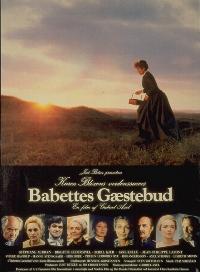
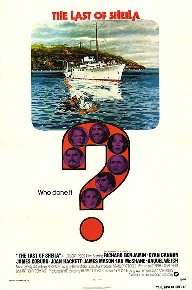




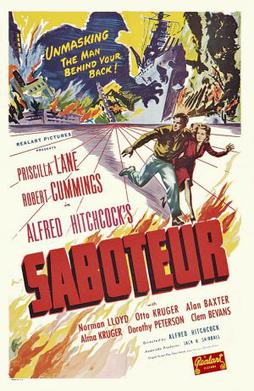

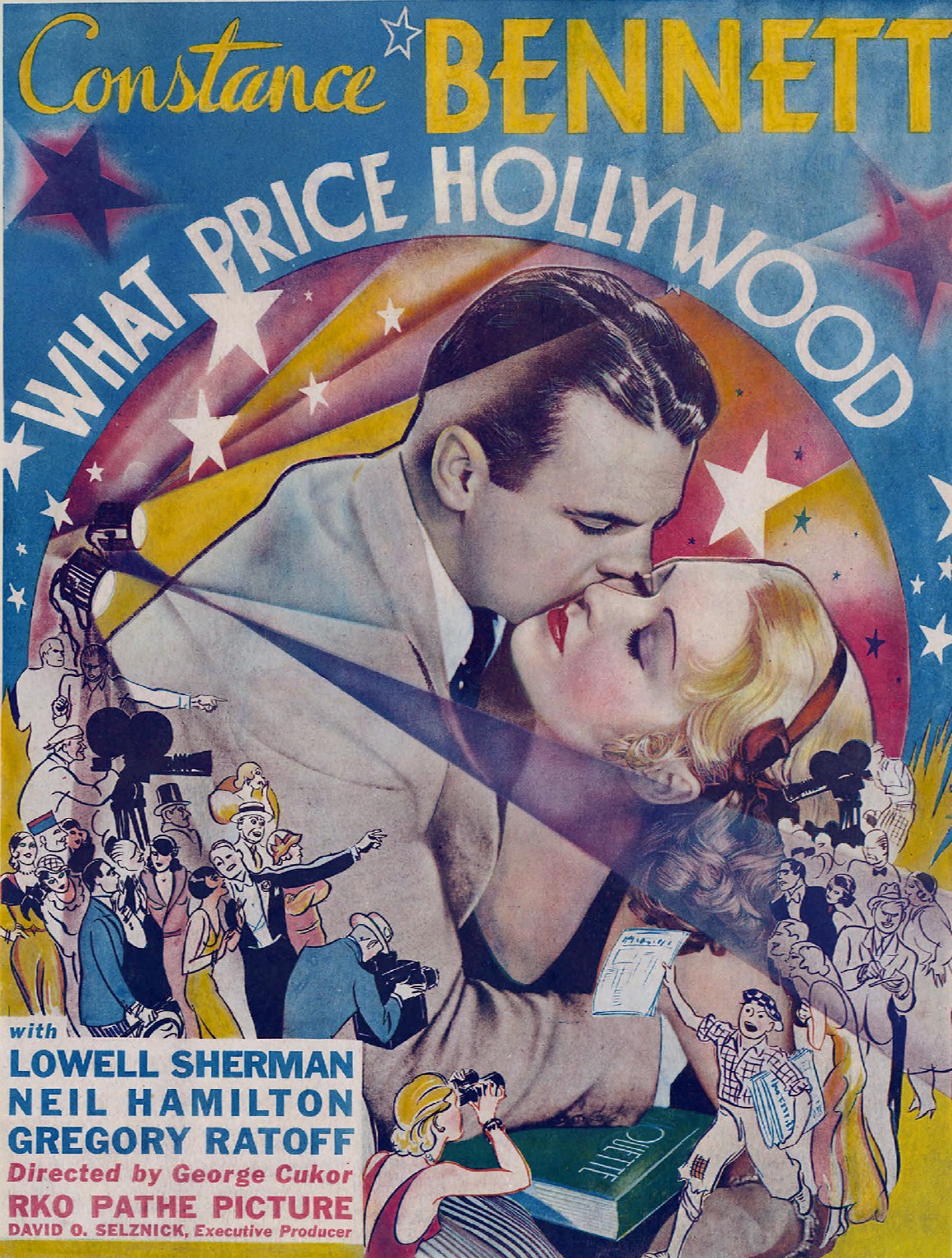



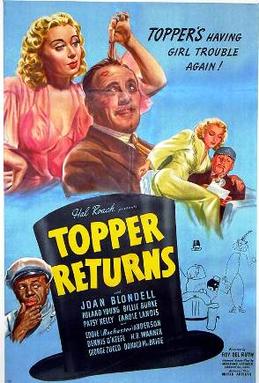




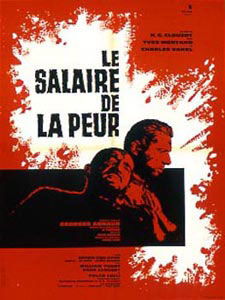

_poster.jpg)
.jpg)


